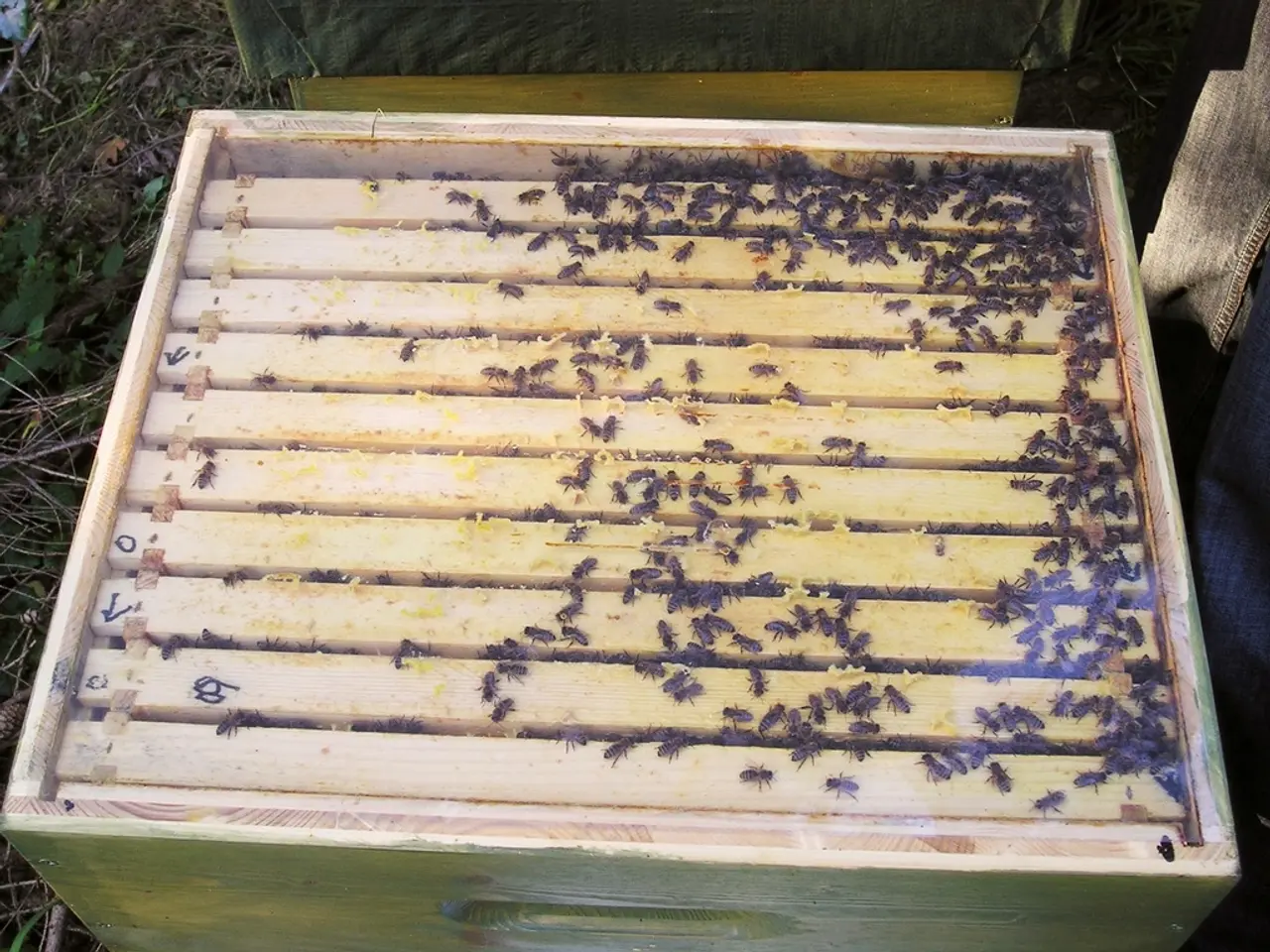Successful Plant Species: Efficient Tick Deterrents in the Yard
In the quest to maintain a safe and pest-free outdoor space, homeowners can take advantage of a variety of natural plants and gardening techniques to repel ticks and create an inhospitable environment for these unwanted creatures. Here's a comprehensive guide to help you create a tick-free garden.
**Natural Tick Repellents: The Power of Plants**
- **Geraniums:** Known for their vibrant flowers, geraniums have leaves that emit a strong scent, confusing ticks' sense of smell and effectively repelling them. - **Lavender:** This fragrant plant not only adds a pleasant aroma to gardens but also deters ticks with its essential oils. - **Rosemary:** With its strong scent, rosemary is easy to grow and an effective tick repellent, as well as a deterrent for other pests. - **Garlic and Mint:** These common herbs have natural compounds that repel ticks and also help deter deer, which can carry ticks into your yard. - **Sage, Milkweed, Juniper, Marigold, Chrysanthemums:** These plants also deter ticks and deer with their scents or chemical properties. - **Eucalyptus:** The essential oil from eucalyptus can repel ticks and can be applied to plants or used as a natural spray.
**Garden Management for a Tick-Free Space**
- **Create Barriers to Deer:** Deer-proof fencing or gravel barriers can reduce tick populations by limiting deer access, though this can be costly and not always fully effective. - **Keep Shrubs Trimmed:** Ticks usually reside on plants 1 to 4 feet high waiting for a host. Regularly trimming or thinning shrubs removes their habitat and exposure to potential hosts. - **Increase Sunlight Exposure:** Ticks prefer cool, moist, shaded areas. Trimming bushes and trees to let more sunlight into your yard makes it less hospitable to ticks. - **Apply Natural Treatments:** Organic tick control methods such as spraying eucalyptus oil, mint, neem oil, or diatomaceous earth on bushes can help reduce tick numbers without harmful chemicals. - **Attract Tick Predators:** Encourage animals like birds, chickens, and guinea fowl that feed on ticks by providing bird feeders, baths, or even keeping poultry in your yard.
**Additional Considerations**
- While plant aromas are effective, their repellent properties may not last long throughout the growing cycle since leaves and flowers can drop or degrade. - Continuous yard maintenance and personal tick-checking after being outdoors remain important even with these natural measures.
By combining these plants and garden management tips, you can significantly reduce tick presence in your garden in an eco-friendly, natural way.
**Other Practical Tips**
- Gravel or stone paths between lawns and hedges can help keep ticks away from living areas, as they prefer not to crawl over hot, dry surfaces. - Birdhouses and feeders should be placed appropriately to prevent the introduction of ticks by birds and rodents. - Removing leaves and dead wood regularly reduces the presence of ticks in the garden. - Ticks can be found in tall grass, leaf piles, under bushes, at the edges of forests, and in transition areas between lawn and hedge or between flower beds and wild corners. - Ticks find wet leaf piles and rotting wood ideal retreats, so they should be removed regularly. - Hedgehogs, mice, or birds can carry ticks into the garden. - A well-kept lawn, achieved through regular mowing or the use of a mowing robot, deters ticks. - Placing birdhouses and feeders as far away as possible from terraces or play areas can help prevent the introduction of ticks by birds and rodents. - Catnip also repels mosquitoes and contains the active ingredient nepetalactone, which repels ticks. - Rosemary is a plant that disturbs the sense of smell of ticks and is therefore unappealing to them. - Lavender is a fragrant plant that ticks dislike due to its strong smell.
Planting lavender and rosemary in your home-and-garden area can help create a tick-free lifestyle, as these scented plants naturally deter ticks with their essential oils. By incorporating geraniums, garlic, mint, and other tick-repellent plants into your home-and-garden design, you can maintain a beautiful and pest-free outdoor space.




